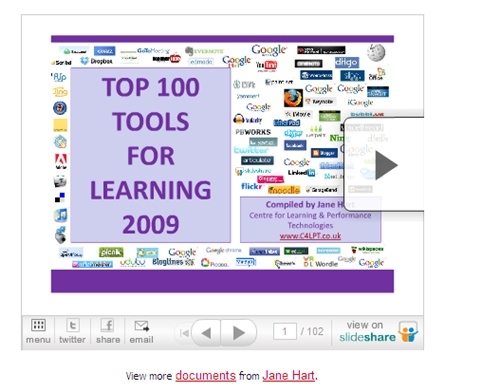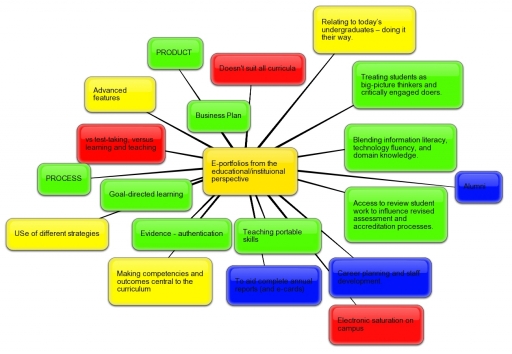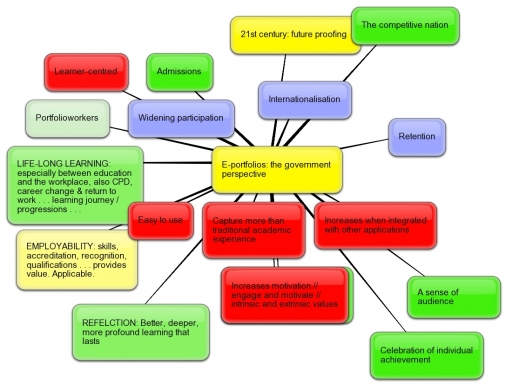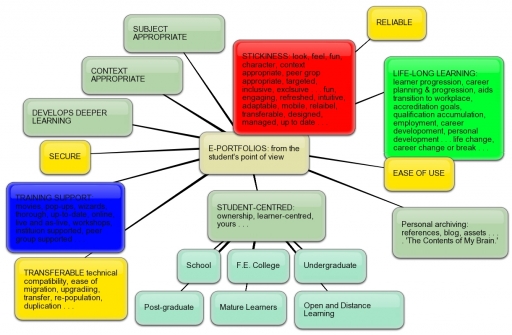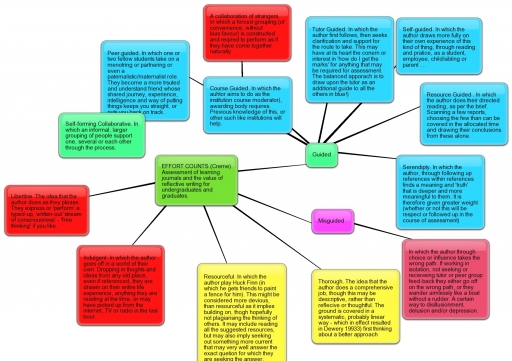A decade ago creating a commercial website generally required you to buy in the services of a specialist agency; this was certainly the case 15 years ago. Gradually however businesses found they could do it themselves, indeed the development of internal and external communications was so integral to a company's activities that it had to be in some cases. An internationally successful TV production company used outside suppliers initially to build its website. However, as the creative drive for this site needed to be part of the business and as the site become a TV channel of sorts, it was necessary to bring control in-house.
1999-2002 was an interesting period as some organisations let their IT department go, not considering it one of their 'core activities,' while others brought the process in-house, sometimes buying up their web-agency for the purpose.
Creating a website, developing software, communications and business function merged. Specialist functions developed internally may have found a market elsewhere and products could be bought in 'off the shelf.'
If the functionality of the software and web-pages are integral to an institution's competitiveness and development it is understandable if some things they develop in-house, while others they buy in.
ITC is highly fluid, progressive, aggressive and organic. You want control of the beast. Do you have the personnel and department as part of your institution, or do you hire in the specialists? Or do you split your loyalties and commitments across several suppliers, buying products off the shelf? How do you achieve your goals? How do you control costs? How do you differentiate yourself from others if you're all shopping from the same place? And in education, where there is a political, ethical and moral inclination to want to do it all for free - how is it paid for?
In relation to recommending an e-portfolio set-up or package or system to an institution there are a myriad of deciding factors which could result in the valid choice being any one of:
- develop our own using our thinking and skills
- buy in the services of an agency to create a platform for us
- purchase a ready-made product off the shelf
- use Open Source and tailor it to our purposes
- none of these - students, staff and any other potential e-portoflios bring their own, on their laptops or in their own space in the 'cloud.'
The latter happens whatever you provide.
As a result of using the OU's MyStuff and trying PebblePad, as well as reviewing the reviews of several other packages, whilst it is possible to recommend what a particular client's e-portfolio should be able to do - it is less easy without understanding the institution's financial position, commercial requirements, staff and student development, professional and academic needs and ambitions.
To what degree are people storing and collating material in a loose collection of files and platforms, some online, some off, some linked in to several folios, each with a different outlook.
Once we lived in a more linear world and we would logically take in then draw from the academic institutions where we studied and the places where we worked. To a significant degree, even if we possessed portfolios as physical entities containing art work or assignments, our achievements and potential were locked in our being ... our experiences, accreditations, behaviours and potential were entirely contained in our heads and enabled by our bodies. Increasingly it is the case that the sum total of our achievements, our record, our actions, can be collated, shared and given an existence beyond us. If we think of the ultimate eportfolio as 'the contents of our brains' in a cloud, like a geostationary satellite, forever 'out there' do we not begin to mutate and duplicate, especially if some, or many parts or all of this is shared?
Will we not, in a cyber-world of hundreds of millions, not only find like minds, but aggregate to think alike in some instances? Where then is the copyright and plagiarism? And here's a dilemma for the inventive or creative mind. Do you pool you thinking for others to exploit, share the process by which you draw your conclusions which may fast track another to a similar, different or better result?
I appreciate that I am drifting into la-la-land and the realms of science-fiction, that I am feeling my way, that I am letting my own stream of consciousness take me wherever it will. If this finds resonance with others, if others comment and build on this ... or reflect it, then it is as if those collection of neurones and synapses that are creating this are connecting beyond my being.
If there is commercial worth in 'the contents of my brain,' an e-portfolio that might contain everything I have ever done, who benefits if they use this to create something original?
In conclusion
1) The e-literate will already, whether they know it or not, have the makings of an eportfolio through content they have generated about themselves, their ambitions and friends, the work they would like to do and the work they have done. A link to discrete parts of this can quickly generate a number of e-portfolios, just as it could generate a number of bespoke CVs. The less e-literate by dint of their presence at the doors of an institution, enrolement or employment, or if freelance, their contract or engagement, will have wittingly shared components of a potential eportfolio it only paper through letters, CVs and evidence.
2) Institutions, academic or business, may offer portfolios that are wedded to that organisation's culture. If designed, to look and function within this context it will be easier to compile, share, access and assess while there. No longer, if ever it were necessary, to print off, duplicate or photocopy reams of paper to have back-ups, let alone to apply simultaneously to more than one place. However, is not these ease of sharing problematic? Could not a multitude of people claim something to be their’s ? Or is that the point. We become a name on one of those credit lists that runs and runs after a CGI-rich film plays out.
3) There is no definitive answer, no panacea, when it comes to an eportfolio: create your own, buy off the shelf or let staff and students bring along what they have or don’t have. As a consultant e-professional (sounds far grander than it is), it is the requirements of the organisation you are working for that dictates the answer. Is the problem financial? Is it retention? Is it attracting students in the first place? Or holding on to staff? Is it assessement? Is it learning? Is it departmental? Is it a cohort or a group? Is is driven by your trustees? Government? Or a current fashion in pedagogy? Is it political? Does it put the student first, at the centre of things? If they have 20 years to pay off their student loan, do they carry the same e-portfolio with them for the duration, Sage accounting an add-on to whatever other functions their e-portfolio offers?
Do you want the way my mind works, or the conclusion? Is there one? If one thing defines e-technology it is that it is always in a state of flux, indeed like Macbeth clutching at that dagger before his eyes, you can never quite get your hands on it. An IT specialise shared her thinking with me in Linked In. A thought I have come across before. Whilst her role is to ‘speed things up’ for businesses, she can never say what it is that will speed up ... or that what is achieved was predictable. The important thing is to move on, progress, don’t stagnate, don’t over think a thing ... nor over-commit.
My recommendation to an institution questioning its use of eportfolios would be to be in all camps simultaneously, to have an inhouse eportfolio, to engage with external suppliers and permit individuals to have their own. What matters is the required functionality and outcomes. My recommendation to an individual is to have in their control anything they are placing elsewhere.
Is not the choice, when it comes down to it, one of selecting this handbag over that one? This satchel over that one? However it functions, whatever it looks like, only the contents matter. If you drop your one and only portfolio of photographs or drawings on the way to an interview, you can pick up the pieces and make do with cardboard and a roll of duct-tape. If your one and only eportfolio fails you lose the lot. Or do you? These assets, this ‘stuff’ what is it anyway? Text, images, programming (which is text) ... If you are digitally-savvy and have an online presence how easy is it to reassemble such a portfolio? Very, I’d suggest.
So, yes, as I suggest, you have a version for work, a version where you are studying, a version embedded in your website or Facebook page, a version on the hard-drive or you computer, and one on a zip or flash driver.
Ho hum.
I shall go and sleep on it. Always the right approach after this middle-of-the-night brainstorm.
What kind of e-portfolio would you recommend to the following?
- Use in a prison by inmates serving at least three years.
- Use for advertising and marketing creatives at a ‘school of communication arts.’
- Use by trainee gymnastics coach who is a volunteer with a local club working with young children.
- Use by a trainee solicitor.
- Use by an actor hoping to get into RADA
- Use by someone returning to work after a six year career break.
- Use by Leonardo da Vinci, Douglas Adams or Stephen Hawking
- Use by a politician
Why not come up with your own. The trickier the better.
- Use by someone who is losing their eyesight
- Use by someone who has terminal cancer
- Use by a child at primary school
- Use by someone in a retirement home
- Use by someone with depression
- Use by someone with ambitions to be a professional footballer, or designer for Apple, or ... TV producer, or ... happy.
Is an e-portfolio the next web page?
You've got to have one, even if you don't know why? At least you don't have to by a domain name.
And what brought this on?
Other than the requirements of H808 ...
The launch of a platform for swimming teachers and coaches across competitive swimming, water polo, diving and synchro.
The new Institute of Swimming (www.theiosonline.com) website not only streamlines the course booking process and offers some courses online, but embedded in the new platform in a way that is even more integrated the the OU's add-on MyStuff, is an eportfolio.
You complete your details and find in so doing that you have begun your profile in something called My IoS.
It will contain a CV, evidence of qualifications, assets that can specifically include video ... and the word 'e-portfolio' is not mentioned anywhere. Yet this is what is. And as for interoperability and transfer ... all of that is just a cut and paste, or link away is it not, as ever? And being a 'portfolio worker' in any case, the last thing I want to do is to merge one of my two (or is is three) other lives with this or any of the others.
It simply is.
